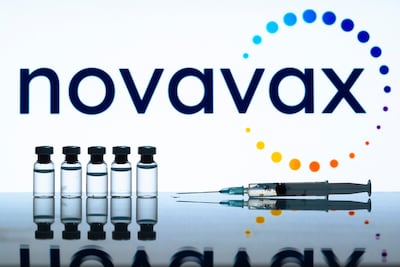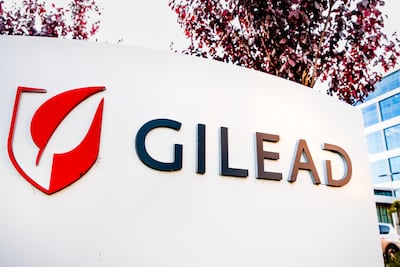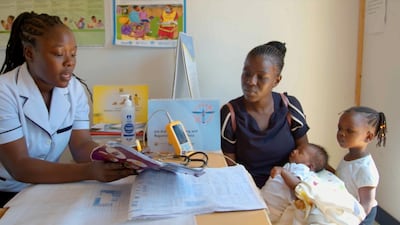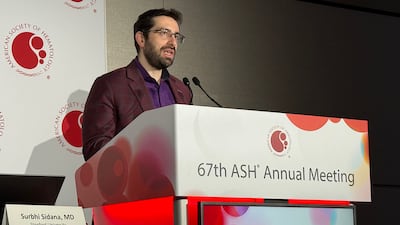Therapy Areas
Alimentary/Metabolic
The company hopes to prove its RNAi platform is the most versatile and potent in cardiometabolic therapies in 2026 – and win one over on its long-standing rival, Ionis.
Enthusiastic predictions from industry leaders for ongoing progress in obesity, oncology, immunology, neuroscience and more were supported by optimism for the potential of AI and other technological advances to enable breakthroughs in processes as well as pipelines.
Novo Nordisk said it will take legal action against mass compounding of the new oral semaglutide formulation by Hims & Hers.
Monthly obesity therapies may not have to rival the efficacy of weekly injections if they can be more convenient and help patients stay on treatment longer.
Anti-infective
Enthusiastic predictions from industry leaders for ongoing progress in obesity, oncology, immunology, neuroscience and more were supported by optimism for the potential of AI and other technological advances to enable breakthroughs in processes as well as pipelines.
While a record number of China-originated first-in-class drugs were approved domestically in 2025, only one has so far entered clinical development overseas with its originator as the sole sponsor. But more progress is expected this year.
Valneva's withdrawal of its chikungunya vaccine leaves Bavarian Nordic as the only remaining firm producing a shot for the condition in the US.
Novavax will get $30m up front for a non-exclusive license for its Matrix-M adjuvant, but the deal could bring in billions long-term. The biotech is negotiating similar deals with multiple firms.
Anticancer
Scrip spoke with CMO Dietmar Berger about his views on diversifying Gilead’s virology, oncology and immunology R&D efforts through both in-house research and external innovation.
Enthusiastic predictions from industry leaders for ongoing progress in obesity, oncology, immunology, neuroscience and more were supported by optimism for the potential of AI and other technological advances to enable breakthroughs in processes as well as pipelines.
Henlius planning Japanese NDA by end of March 2027 for ES-SCLC and development in several other indications.
The drugmaker highlighted a wide array of development programs in its fourth quarter earnings, including moving tirzepatide into multiple inflammatory conditions.
Antiparasitic
Coartem Baby to be rolled out in eight African countries in the autumn.
The Swiss major’s global health chief Lutz Hegemann tells Scrip on a trip to Rwanda that being a profitable enterprise while helping to improve access to new and older therapies for those who need it most is the real measure of a successful business.
Lotilaner, the active ingredient in Tarsus’s Demodex blepharitis drug Xdemvy, showed significant ability to kill ticks in a small Phase IIa study. Analysts call the Lyme program a likely out-licensing opportunity for Tarsus.
Gains from its COVID-19 vaccine made Serum Institute’s founder the world’s richest healthcare billionaire. But the demand for boosters hasn’t materialized as expected, leading to a deal with Biocon being tweaked. Meanwhile, gains from India’s first indigenously-developed HPV vaccine and Oxford-partnered malaria vaccine seem imminent.
Blood and Clotting
Catch up on the developments released in the last days of 2025, from year-end FDA approvals, complete response letters and several trial disappointments.
The company, which was on the verge of bankruptcy last year, has secured an expanded approval for Omisirge for severe aplastic anemia.
Novartis presented Phase III results for anti-BAFF/ADCC antibody ianalumab in the second-line treatment of immune thrombocytopenia but will wait for first-line data to file for approvals in 2027.
The base-editing company’s risto-cel may have an efficacy edge over Vertex’s Casgevy, but both will be held back by safety concerns about chemotherapy preconditioning for patients.
Cardiovascular
The company hopes to prove its RNAi platform is the most versatile and potent in cardiometabolic therapies in 2026 – and win one over on its long-standing rival, Ionis.
The co-principal investigator of OCEANIC-STROKE tells Scrip that the oral Factor XIa inhibitor could be paradigm-changing.
The blood cancer drug and the cholesterol lowerer will be major growth drivers through to 2020 and beyond.
Fund IV exclusively targets company creation and early-stage investing across the UK and the US.





















